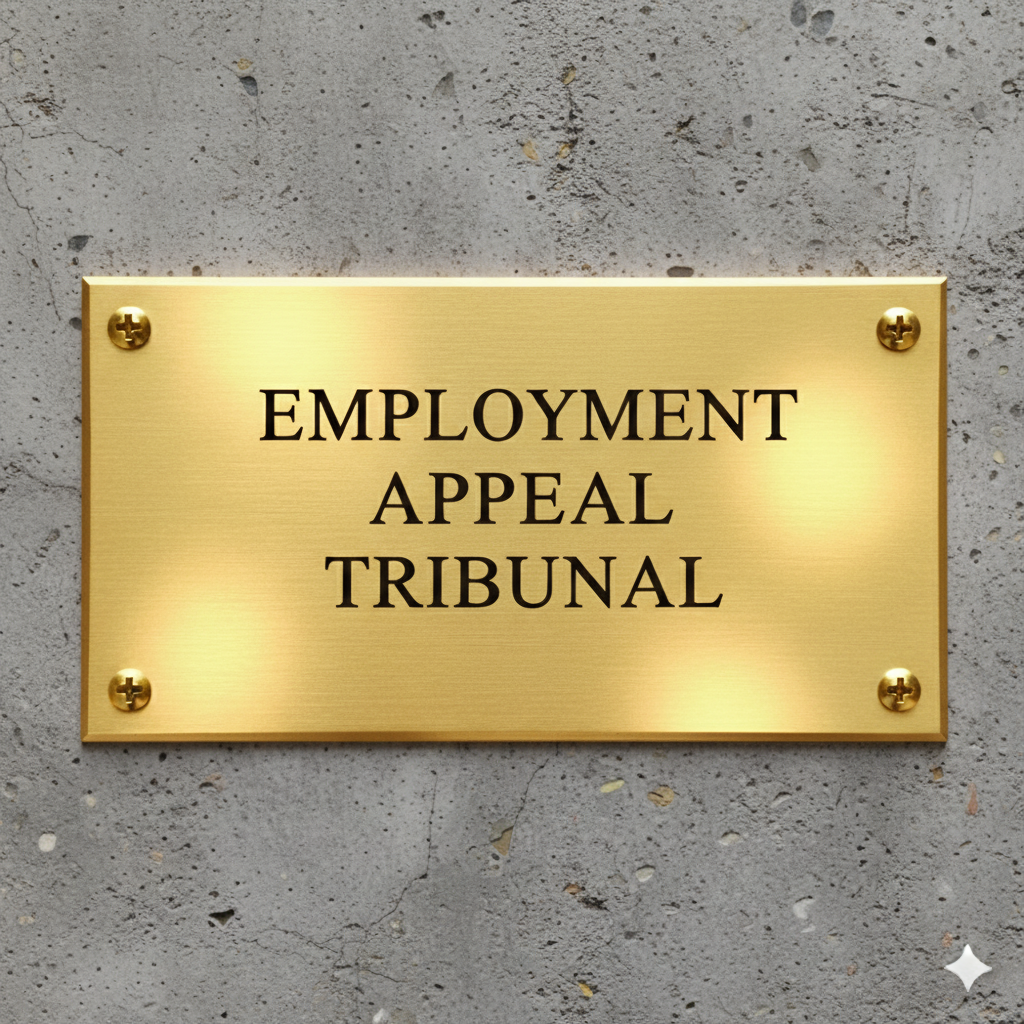EAT Time Extension Refusal Overturned: 'Minor Error' Rule Interpreted
The Court of Appeal has overturned an Employment Appeal Tribunal decision, clarifying the scope of the 'minor error' rule in extending appeal timelines concerning the case of Melki v Bouygues.
• public
Court of Appeal Clarifies 'Minor Error' Rule in Employment Appeal Tribunal Cases
The Court of Appeal has ruled in favour of Reza Melki in his case against Bouygues E and S Contracting UK Ltd, overturning a decision by the Employment Appeal Tribunal (EAT) to refuse an extension of time for lodging an appeal. The central issue revolved around the interpretation of Rule 37(5) of the Employment Appeal Tribunal Rules, which concerns 'minor errors' in document submission.
Mr. Melki had initially sought to appeal a decision against him from the Employment Tribunal. He submitted his notice of appeal within the required timeframe, but failed to include the grounds of resistance which were attached to the respondent’s (Bouygues's) ET3 form. While he included the ET1 (claim form) and ET3 (response form), this omission was deemed a failure to properly institute the appeal under the prevailing rules.
Although the missing documents were filed six days after the deadline, the EAT Registrar initially refused an extension of time, a decision upheld by a Deputy High Court Judge sitting in the EAT. This was then appealed to the Court of Appeal.
The 'Minor Error' Debate
The key legal question was whether the omission of the grounds of resistance constituted a 'minor error' under Rule 37(5), which came into effect shortly before the EAT's decision. This rule allows the EAT to extend appeal deadlines if an appellant makes a minor error in submitting required documents and rectifies that error. The EAT had interpreted 'minor error' as something 'negligible or of no real importance to the proper progress of an appeal'.
The Court of Appeal disagreed with this interpretation. Lady Justice Elisabeth Laing, delivering the lead judgment, stated that the EAT's construction was too narrow and failed to give effect to the purpose of the amendments to the rules. The court emphasised that the error should be assessed in the context of compliance with Rule 3(1), focusing on the extent of compliance rather than the perceived importance of the missing document to the appeal's outcome. Lord Justice Underhill agreed that the error in this case was minor, and it involved not submitting one part of the documents.
Impact of the Ruling
The Court of Appeal's decision clarifies that a 'minor error' relates to the degree of compliance with document submission requirements, rather than a subjective assessment of the document's significance. The ruling is expected to lead to a more flexible approach by the EAT in considering applications for extending appeal deadlines where there have been omissions in document submission, especially from litigants in person.
The court emphasised that its role wasn't to provide guidance on what constitutes a 'minor error', and instead that the Employment Appeal Tribunal should interpret on a case by case basis, exercising their discretion when doing so.
Mr. Melki's appeal was allowed, and the case will be remitted to the EAT for further consideration.
Read the entire judgement here: Melki v Bouygues E and S Contracting UK Ltd [2025] EWCA Civ 585
